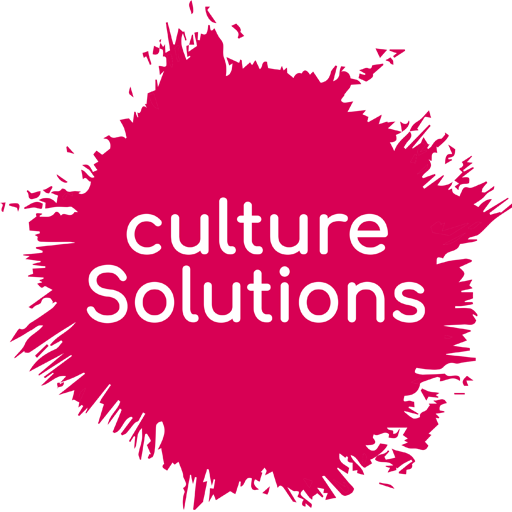Commons: culture Solutions inspired

Commons and participatory approaches: some inspiration from the CCSC project
By Susan van Esch & Damien Helly
On April 4th, we attended the kick-off conference of the EU-funded Cultural and Creative Spaces and Cities (CCSC) project led by Trans Europe Halles. CCSC is a two year project that involves cultural and creative organisations, policymakers and academics.
The project is an experimental project, using non traditional approaches, which makes it very interesting to culture Solutions’ development. In this blog we look at the lessons we drew for our organisation’s early life.
Urban labs: a source of inspiration for culture Solutions
The aim of the CCSC is to prove that creativity, arts and culture can transform public spaces and cities. Their main mode of working is through Urban Labs (they will have seven of them) in which cultural organisations, local authorities, cultural and creative spaces are brought together to explore complex urban challenges in collaboration with other stakeholders. Together they are to commit to develop innovative solutions for those urban challenges by creating (cultural) commons.
The conference
Commoning, participatory governance/policy making and peer to peer learning were the core themes of the conference. Although CCSC does not have an explicit international dimension, the conference was relevant from the angle of the connection between internal and external EU cultural policies (culture Solutions’ theme 1 on cultural action and legitimacy).
A mix of people participated in the conference, varying from individual and representatives of cultural organisations not related to the project (EUNIC) to European Commission representatives, researchers and lecturers from universities and key partners -policy makers and cultural institutions and places- in the project.
The conference provided an excellent opportunity to learn more about commoning and culture but also to sharpen our ideas around the set up of Culture Solutions, to test the idea of some first products we have in mind and to identify needs and with that possible new services and products.
Sources of inspiration in CCSC for culture Solutions
Commoning and the production of commons
Cultural commons are not a usual type of commons for experts in this field. The question of the value of cultural commons will be central in the CCSC project.Michel Bauwens (P2P Foundation), the guru of the Commons, underlined that in the value chains of commons, each actor has to decide whether it wants to be more on the generative or more on the extractive side.
culture Solutions will also have to think of how generative and extractive it wants to be.
culture Solutions’ Brussels Who is Who is in itself a cultural common. From the talks we’ve had, it seems to be appealing to cultural institutions (tested in individual talks). They clearly endorsed the need for it and emphasised it would be really helpful. We will also have to think of how to define the value (in monetary and non monetary terms) of what culture Solutions produces and how generative and extractive we want to be.
Participatory governance
Participatory governance is one of the way of producing commons: Initiatives are set up as open spaces that grow because of the contributions from those interested. Like wikipedia, people can suggest initiatives and actions that are accepted or not. In this case, the regulation of participatory governance is about “controlling and/ or moderating / facilitating”. It is less about a commanding government. In that context, the role of culture Solutions as a producer of commons and as the convener of participatory spaces will indeed be about moderating, facilitating and controlling flows.
We could feel and learn in the conference that participatory policy-making and inclusive participation in general is – particularly for policy makers- a concept they struggle with in how to realise it. The will seems to be there, but people feel/are stuck in systems and lack concrete skills and “how-to” information regarding working bottom-up in a meaningful way.
Participatory policy-making requires experienced and inter-culturally aware facilitation. A need that could be partly met by culture Solutions
Participatory processes imply collaborations with a diversity of people and across sectors and for which amongst others trust, developing a common language, creating ownership are some of the key ingredients for success. Such processes require good, experienced and inter-culturally aware facilitation. We both thought that this need – in the CCSC project or other processes – could be partly met by culture Solutions in the remit of its activities and themes.
These views are personal and do not represent the views of culture Solutions as an organisation.
